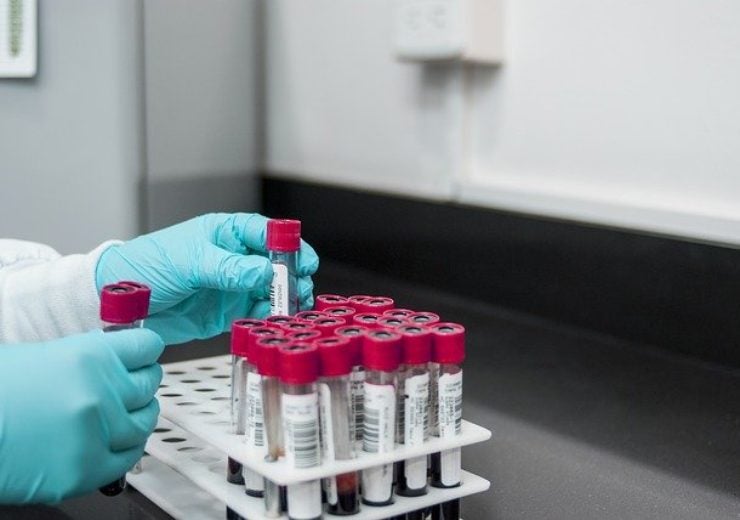Sebia will develop the test and act as worldwide supplier

Sebia and Sanofi have collaborated to develop multiple myeloma diagnostic test (Credit: fernando zhiminaicela / Pixabay)
Sebia (Lisses, France), a world leader in multiple myeloma diagnostics and monitoring, announces today that it is entering into an agreement with Sanofi to develop an diagnostic (IVD) test that mitigates the potential interference caused by isatuximab in Immunofixation Electrophoresis (IFE) tests.
Sebia will develop the test and act as worldwide supplier. The financial details have not been disclosed.
Isatuximab is an investigational monoclonal antibody (mAb) that targets a specific epitope of CD38 capable of triggering multiple mechanisms of action that are believed to promote programmed tumor cell death and immunomodulatory activity.
New multiple myeloma therapies that use biologics, specifically mAbs, are known to interfere with the patient’s monoclonal protein in IFE tests. This can mislead healthcare professionals in interpreting the patient’s response to therapy; Immunofixation is one of the tests referenced in the International Myeloma Working Group (IMWG) guidelines to diagnose complete response in a patient with multiple myeloma.
This agreement covers the development of the Hydrashift 2/4 isatuximab IVD kit to be used in conjunction with Sebia’s proprietary IFE assay, Hydragel. This IVD test is specifically for patients treated with isatuximab and is only used on Sebia’s FDA cleared and CE marked Hydrasys 2 platform.
“We are excited about partnering with Sanofi and further developing our Immunofixation range of products. The future Hydrashift 2/4 isatuximab test is in line with our strategy of developing innovative and advanced products for patient care,” said Jean-Marc Chermette, CEO at Sebia. “This development confirms Sebia’s commitment and strategic objective to remain the market leader in providing the most advanced diagnostic tools supporting multiple myeloma disease management.”
Under the terms of the agreement, Sebia will seek a CE mark for the test in summer 2020 and, subsequently, pursue 510(k) clearance.
Multiple myeloma is the second most common hematologic malignancy, affecting more than 138,000 people worldwide. Patients with multiple myeloma continue to relapse over time, making it a difficult to treat and incurable malignancy.
Source: Company Press Release
